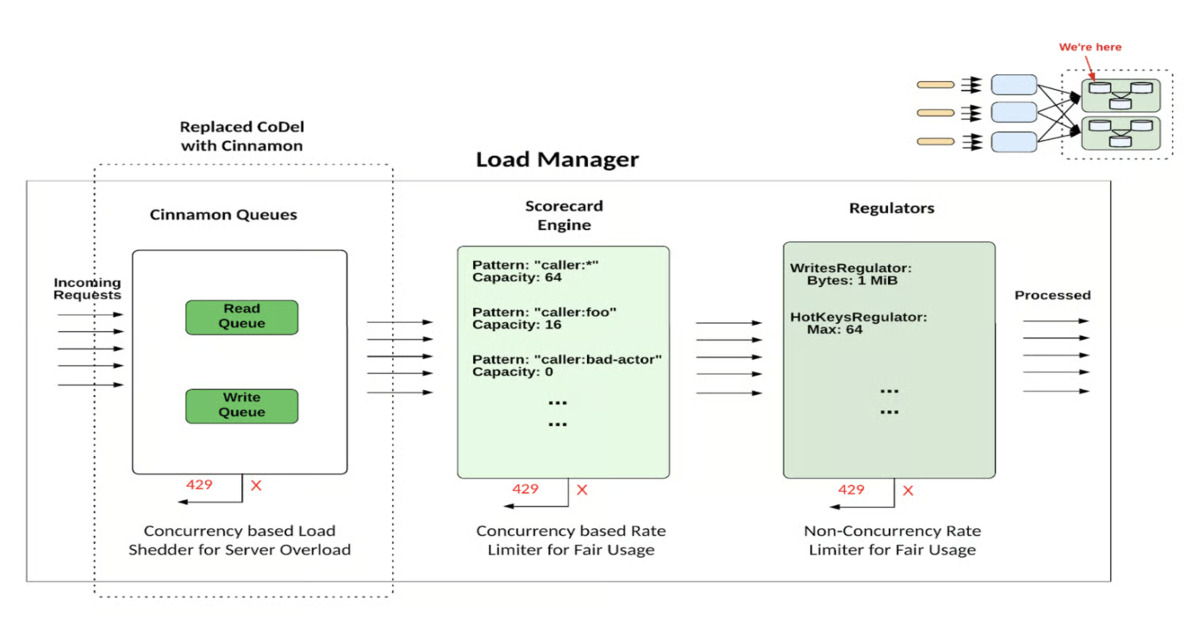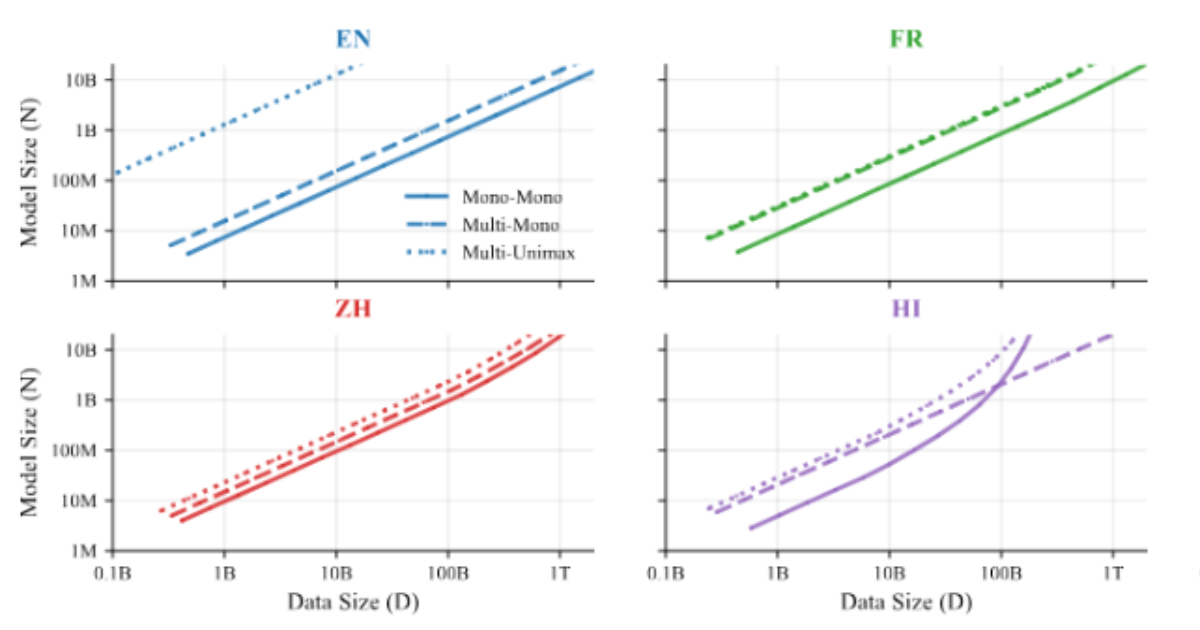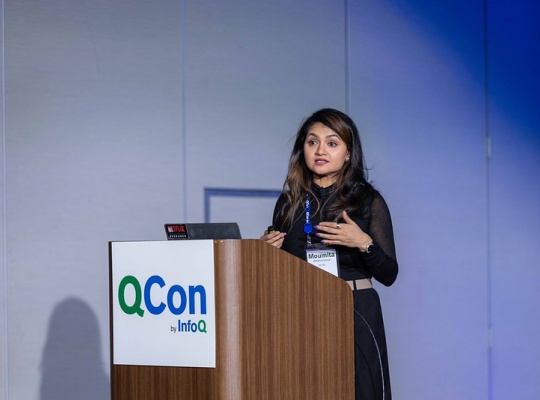Codetown
Codetown ::: a software developer's community
Hot Air Balloon Launch - Open Source
 Posted by GatorLUG on behalf of Richard Brooks.
Posted by GatorLUG on behalf of Richard Brooks.
The program that I'm working with is SSTP. In this program the kids do research with the professors and also get to pick a sub-topic of interest. I'm part of the Small Satellite group. There are 13 kids that chose this topic this year.
I've got a github repo for the code that we're going to be running on the flight available here:
https://github.com/rich90usa/AndroidSensorLogger
Anyone is free to fork the project, work on some code, and issue a pull request. We've got an Arduino with a bunch of sensors that we're sending up.
The balloon launch is scheduled for Friday around noon. Before then we have two more meetings with the kids (Tues/Thurs 6:15-7:45pm in the New Engineering Building on UF's campus). Tuesdays meeting should involve assembly of the payload and Thursdays meeting should be final testing. The project lead in my group has been pretty friendly to having interested guests attend the meetings.
The cool thing I've learned is that if you wanted to do this yourself it can be done for under $100 (esp. if you already have some hardware). The phone we're sending up I was able to snag on Craigslist for $20.
Contact Richard at rich90usa@gmail.com for more information.
Notes
Welcome to Codetown!
 Codetown is a social network. It's got blogs, forums, groups, personal pages and more! You might think of Codetown as a funky camper van with lots of compartments for your stuff and a great multimedia system, too! Best of all, Codetown has room for all of your friends.
Codetown is a social network. It's got blogs, forums, groups, personal pages and more! You might think of Codetown as a funky camper van with lots of compartments for your stuff and a great multimedia system, too! Best of all, Codetown has room for all of your friends.
Created by Michael Levin Dec 18, 2008 at 6:56pm. Last updated by Michael Levin May 4, 2018.
Looking for Jobs or Staff?
Check out the Codetown Jobs group.
InfoQ Reading List
Article: Engineering Speed at Scale — Architectural Lessons from Sub-100-ms APIs

Sub‑100-ms APIs emerge from disciplined architecture using latency budgets, minimized hops, async fan‑out, layered caching, circuit breakers, and strong observability. But long‑term speed depends on culture, with teams owning p99, monitoring drift, managing thread pools, and treating performance as a shared, continuous responsibility.
By Saranya VedagiriUber Moves from Static Limits to Priority-Aware Load Control for Distributed Storage

Uber engineers detailed how they evolved their storage platform from static rate limiting to a priority-aware load management system. The approach protects Docstore and Schemaless, Uber’s MySQL-based distributed databases, by colocating control with storage, prioritizing critical traffic, and dynamically shedding load under overload conditions.
By Leela KumiliBuilding Software Organisations Where People Can Thrive

Continuous learning, adaptability, and strong support networks are the foundations for thriving teams, Matthew Card mentioned. Trust is built through consistent, fair leadership and addressing toxic behaviour, bias, and microaggressions early. By fostering growth, psychological safety, and accountability, people-first leadership drives resilience, collaboration, and performance.
By Ben LindersGoogle DeepMind Introduces ATLAS Scaling Laws for Multilingual Language Models

Google DeepMind researchers have introduced ATLAS, a set of scaling laws for multilingual language models that formalize how model size, training data volume, and language mixtures interact as the number of supported languages increases.
By Robert KrzaczyńskiPresentation: Foundation Models for Ranking: Challenges, Successes, and Lessons Learned

Moumita Bhattacharya discusses the evolution of Netflix’s ranking systems, from the multi-model architecture to a Unified Contextual Recommender (UniCoRn). She explains how they built a task-agnostic User Foundation Model to capture long-term member preferences. Learn how they solve system challenges like high-throughput inference and the tradeoff between relevance and personalization.
By Moumita Bhattacharya
© 2026 Created by Michael Levin.
Powered by
![]()

You need to be a member of Codetown to add comments!
Join Codetown